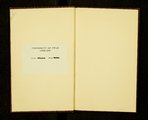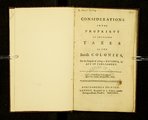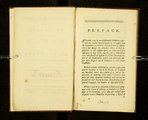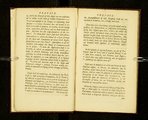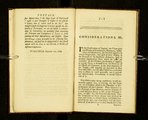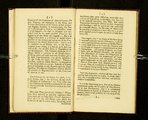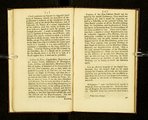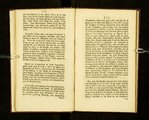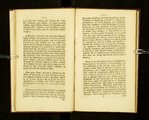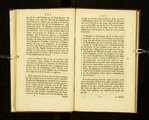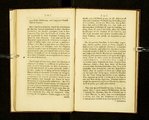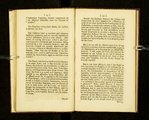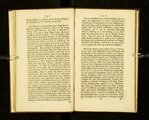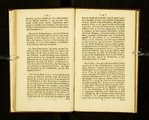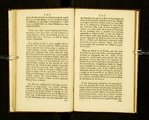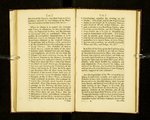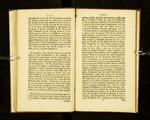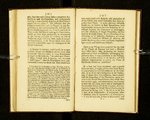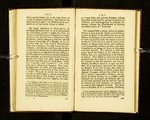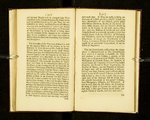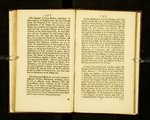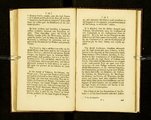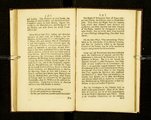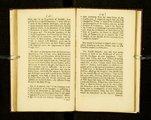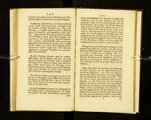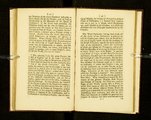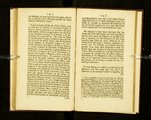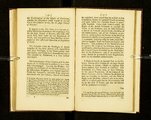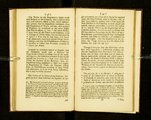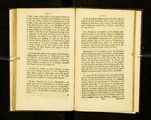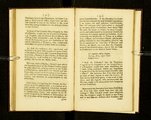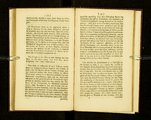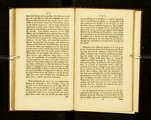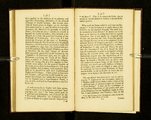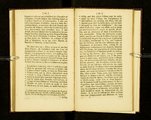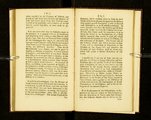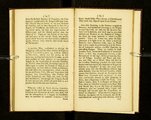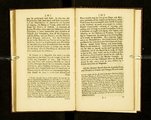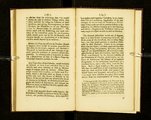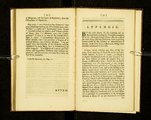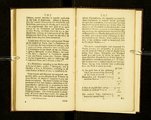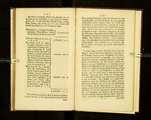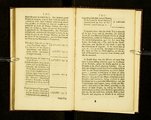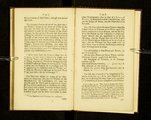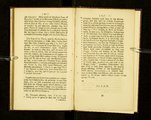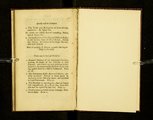| Title |
Considerations on the propriety of imposing taxes in the British colonies for the purpose of raising a revenue, by act of Parliament. |
| Call Number |
E211 .D877; Record ID 9941370102001 |
| Date |
1766 |
| Description |
Daniel Dulany the Younger (June 28, 1722 - March 17, 1797) was a Maryland Loyalist politician, Mayor of Annapolis, and an influential American lawyer in the period immediately before the American Revolution. His 1766 pamphlet, "Considerations on the Propriety of Imposing Taxes in the British Colonies," argued against taxation without representation. |
| Creator |
Dulany, Daniel, 1722-1797 |
| Subject |
Great Britain--Stamp Act (1765); Great Britain--Colonies--America; Taxation--United States |
| Type |
Text |
| Format |
application/pdf |
| Identifier |
E211-_D877.pdf |
| Language |
eng |
| Spatial Coverage |
United States |
| Collection Name |
Rare Books Collection |
| Holding Institution |
Rare Books Division, Special Collections, J. Willard Marriott Library, University of Utah |
| Rights |
 |
| Scanning Technician |
Ellen Moffatt |
| Digitization Specifications |
Original scanned with Hasselblad H6D 50c medium format DSLR and saved as 800 ppi tiffs. Display images created in Adobe Photoshop Lightroom CC and generated in Adobe Acrobat DC as multiple page pdf. |
| ARK |
ark:/87278/s64x97gn |
| Setname |
uum_rbc |
| ID |
1307105 |
| Reference URL |
https://collections.lib.utah.edu/ark:/87278/s64x97gn |



